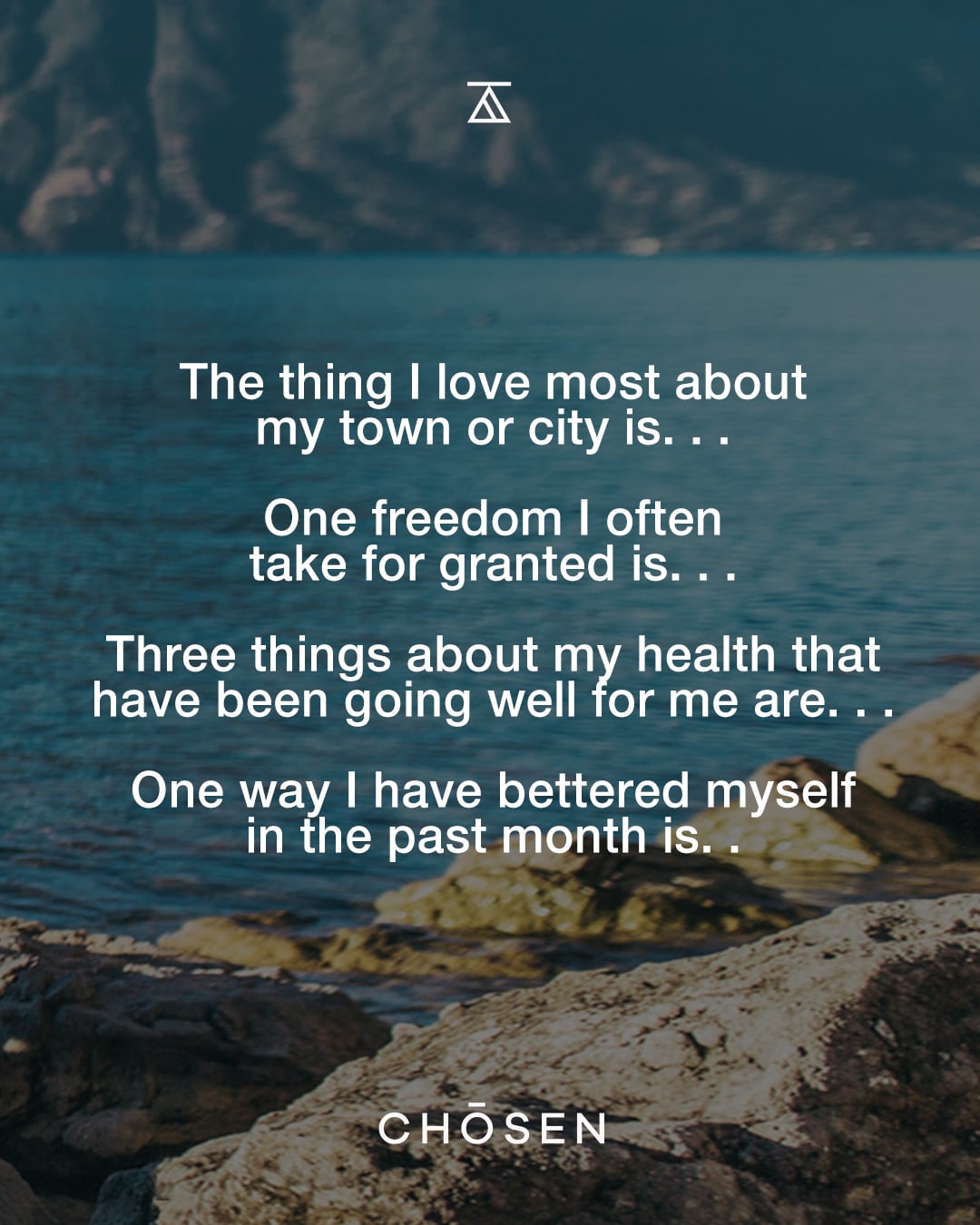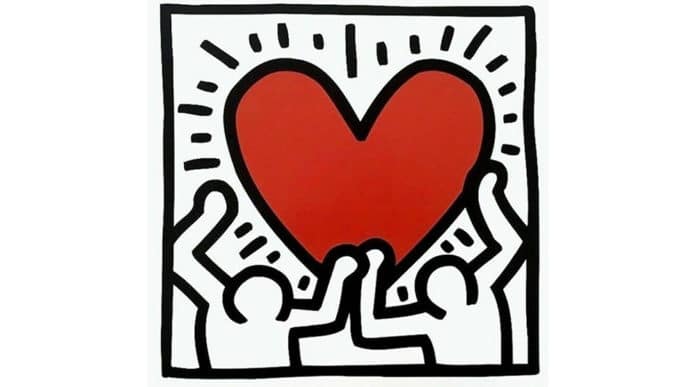Next time you’re having a terrible day, we invite you to spend 5 minutes with a pen and paper and write down something that you are grateful to have today that you didn’t have a year ago. Then, write about three good things that have happened to you over the past week. Lastly, write about a person who has made you smile in the last 24 hours. Perhaps you may find yourself smiling too after this exercise!
Let’s face it, between the pandemic, natural disasters and divisive political climate, it can be easier to focus on our problems and imperfections instead of gratitude for what we already have. To buffer from the constant flow of negativity from the news and social media, we can use gratitude as an intentional practice to find the good in ourselves and the world around us.
Let’s take a little breather. Think about one thing that you’ve accomplished today and how it made you feel. How about three good things that have happened to you this week? Now, think about something or someone who has made you smile in the last 24 hours. You may notice it’s hard not to grin in the recollection!
In the indefinite pursuit of more that we call life, how often do we stop and appreciate what we already have? Let’s explore gratitude as a powerful tool to elevate your mood and make a lasting positive shift to your daily life experience.
“Gratitude correlates to more vitality, energy, and enthusiasm. It partners with self-discipline and motivation to maximize our daily potential.”
Here is a peek at how to put it into practice. We can build gratitude checks into our schedule to take control of our energy levels when we know they may dip.
Gratitude Check #1: Upon waking up, during meditation and reflection, try writing about what we are grateful for and what we are looking forward to in the day.
Gratitude Check #2: Into our work day, add another gratefulness check to realign with our purpose in a 5-minute journal reflection just after lunch.
Gratitude Check #3: Late in the afternoon, one last check-in by reflecting on the good things that have happened that day both to 1) boost our mood and shift our perspective so that we are ready to engage with our loved ones and 2) make sure we give ourselves credit for what we have accomplished that day.
Gratitude Check#4: Before sleep, while laying in bed, put your hand on your heart and look at the day, reviewing the parts you are grateful for, and feeling those feelings deep in your heart.

Here are 3 favorite science-backed reasons for you to add gratefulness to your routine:
Gratitude and Rewiring the Brain
Practicing gratitude activates the reward center of our brains. When expressing or receiving appreciation, our brain releases dopamine and serotonin, making us feel good in the present moment.
This biochemical feedback mechanism has immediate, positive results on our mood and energy levels. What’s more, it inherently supports long-term habit formation. Coupled with neuroplasticity — our brain’s ability to rewire itself through reflecting on new experiences — we can then shift our daily life experience to be more positive and fulfilling.
“When you do gratitude checks, you reflect on your experiences as they happen. You get a rush of dopamine and serotonin to reinforce this positive habit, and with the help of your brain’s neuroplasticity, you are rewiring your mind”
Gratitude Helps You Sleep Better
Studies show that when you receive and give simple acts of kindness, this activates the hypothalamus — a part of the brain responsible for all kinds of bodily functions, including sleep. Hypothalamic regulation triggered by gratitude helps us sleep better and wake up feeling more refreshed.
Gratitude Reduces Stress Levels
When you feel grateful, your cortisol level drops. When influencing your autonomic nervous system this way, gratitude significantly reduces symptoms of depression and anxiety.
“Practicing gratitude makes an immediate impact on your life, and it does that with the help of your nervous system. It moves you from a fight-or-flight response into that blissful state of “rest-and-digest.”
By expressing and receiving gratitude, we feel happier, sleep better, and cultivate the skill to reframe our experience to handle stress better.
We invite you to keep gratitude journals, use verbal expressions, or do quick gratitude checks three times a day to lead a more empathetic and joyous existence.
Links to scholarly articles:
Carver CS, et al. Optimism. Clinical Psychology Review. 2010;30:879.



Thank you for writing this! Great reminder. And I loved your prompts–they’re unique and made me think about new things I am grateful for.
I’m so glad this resonated with you, Courtney! Keep up the good work!